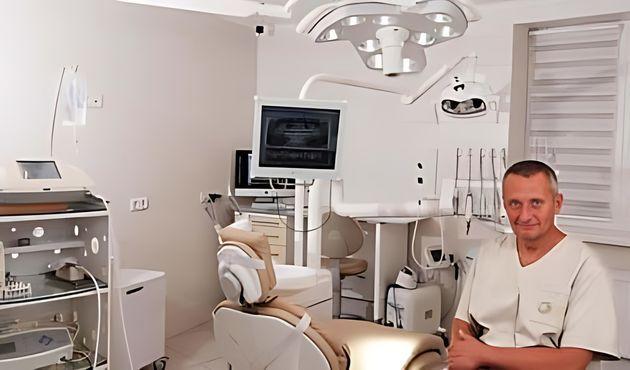Certificate of Calibration are vital documents issued after assessing and confirming the accuracy of measuring instruments and garage equipment. They serve as proof that the equipment meets specified standards and requirements. Understanding the nuances of calibration certificates is crucial, especially in industries where precision is paramount.
Understanding Calibration Certificates:
Certificate of Calibration, often abbreviated as “cal certs,” provide detailed information about the calibration process, including the equipment used, the results obtained, and any adjustments made to ensure accuracy. These certificates are indispensable for maintaining quality control and regulatory compliance across various sectors.
Components of a Generic Calibration Certificate:
A typical calibration certificate includes identification information such as the equipment’s serial number, calibration date, and the name of the calibration laboratory. It also outlines the calibration details, including the measurements taken, the equipment used, and the calibration standards applied. Additionally, it confirms whether the equipment complies with relevant industry standards and specifications.
Types of Calibration Certificates:
There are several types of calibration certificates, each serving a specific purpose. Traceability certificates establish a direct link between the measured values and national or international standards. Accreditation certificates are issued by accredited laboratories, indicating compliance with recognized quality standards. Manufacturer’s certificates are provided by equipment manufacturers and attest to the device’s initial accuracy.
How to Obtain a Calibration Certificate:
To obtain a calibration certificate, equipment owners typically send their instruments to accredited calibration laboratories. The process involves meticulous testing, adjustment, and documentation to ensure accuracy and traceability. Once calibrated, the laboratory issues a certificate detailing the calibration results and confirming compliance with relevant standards.
Benefits of Having a Calibration Certificate:
Having a calibration certificate offers numerous benefits, including ensuring the accuracy and reliability of measurement instruments. It also facilitates regulatory compliance, as many industries require calibrated equipment to meet specific standards. Additionally, calibration certificates enhance quality assurance efforts, leading to improved product quality and customer satisfaction.
Importance of Calibration Certificates in Different Industries:
Calibration certificates play a crucial role in various industries, including healthcare, automotive, and aerospace. In healthcare settings, calibrated instruments are essential for accurate diagnosis and treatment. In the automotive industry, calibration ensures the proper functioning of safety systems and emission controls. Similarly, in aerospace, precise measurements are vital for flight safety and performance.
Common FAQs about Calibration Certificates:
What is the validity period of a calibration certificate?
The validity period of a calibration certificate depends on various factors, including the type of equipment, its usage, and industry regulations. In general, calibration certificates are valid for a specific period, typically ranging from six months to one year.
Not all equipment require calibration certificates, but it’s essential for instruments and devices that impact measurement accuracy, quality control, and regulatory compliance.
How often should equipment be calibrated?
The frequency of equipment calibration varies depending on factors such as usage, environmental conditions, and industry standards. Some equipment may require calibration on a regular schedule, such as annually or biannually, while others may need calibration after a certain number of usage hours or specific events.
Can I perform calibrations myself?
In some cases, equipment owners may have the capability to perform in-house calibrations using calibration standards and procedures provided by equipment manufacturers or calibration laboratories. Attempting to calibrate complex or sensitive equipment without proper training and resources can lead to inaccurate results and potential safety risks.
What happens if equipment fails calibration?
If equipment fails calibration, it indicates that the device does not meet specified accuracy or performance requirements. In such cases, corrective actions may be necessary, including adjustments, repairs, or replacement of components.
Can calibration certificates be transferred between companies?
Calibration certificates are typically issued to the owner of the equipment or the organization responsible for its calibration. While some certificates may specify the equipment’s owner or user, others may be transferable between companies.
Conclusion
Certificate of Calibration by GEA are indispensable tools for ensuring the accuracy, reliability, and regulatory compliance of measuring instruments and equipment. By understanding the significance of calibration certificates and their role in different industries, businesses can uphold quality standards and maintain customer trust.





